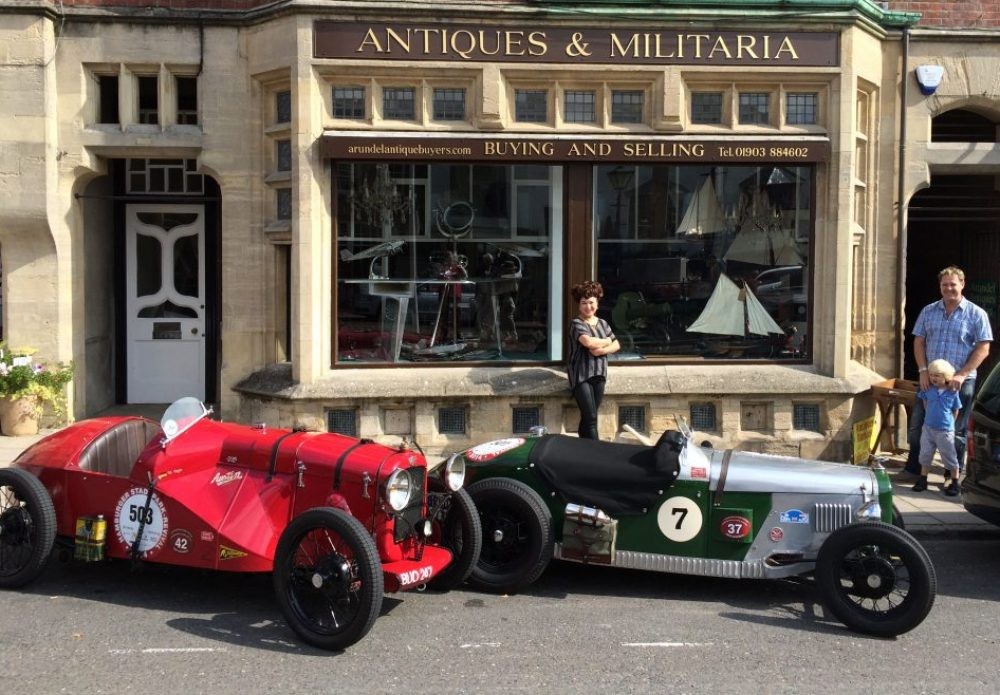Entire House Contents Acquire £10,000-£30,000 Range . We cover fashionable London address and entire estates in the home counties .







Chinese Cabinet pieces always required ,Jade ,Bone, Enamel etc ,

Entire House Contents Acquire £10,000-£30,000 Range . We cover fashionable London address and entire estates in the home counties .







Chinese Cabinet pieces always required ,Jade ,Bone, Enamel etc ,



With auction mhouses reporting a decline in bidding from mainland China, the market is poised to anoint Taipei, the biggest city on the semi-independent island of Taiwan, as a new global art-selling capital. On January 18 Taipei Dangdai, the first fair in the city devoted entirely to contemporary art, will open under the tutelage of former Art Basel in Hong Kong director Magnus Renfrew, and mega-galleries such as David Zwirner, Hauser & Wirth, Gagosian, Thaddaeus Ropac, Pace, and Lisson all signed on for the inaugural edition.Taipei Dangdai’s swift embrace by the world’s top galleries shows how collectors in Taiwan—which is officially called the Republic of China and is not an independent nation, but has little interaction with the mainland—have made the island an essential piece of any serious gallery’s Asia strategy. Sean Kelly Gallery, long a single-gallery operation in New York, chose to open its first overseas location in Taipei, and will have a project space that’s run by newly hired director of Sean Kelly Asia, Gladys Lin. And when Lévy Gorvy announced in November that it would be opening a gallery in Hong Kong, it also announced that it had hired a staffer to work in an office in Taipei. The coronation of a new Asian art market hub comes at a time when collectors in mainland China have been buying less at auctions and fairs. The main reason for the downtick appears to be a government crackdown on spending money outside of the country, which is happening amidst a trade war with the United States that is cutting into profits. The first quarter of the year ends with Art Basel in Hong Kong, and by then, we should have a better sense of which parts of Asia are fueling the continent’s art buying.
Political uncertainty may indirectly affect the overall mood of the market; just as often, auction houses and fairs are hit directly by the decisions of foreign powers. Case in point: In April, Hollywood super-agent Ari Emanuel threw a dinner for the crown prince of Saudi Arabia, Mohammad Bin Salman (MBS for short), at the Santa Monica home of producer Brian Grazer and his wife. They dined while surrounded by works by Richard Prince, Gerhard Richter, and Ed Ruscha to celebrate MBS’s 5- to 10-percent stake in Emanuel’s entertainment company, Endeavor—which is the majority owner of Frieze, the art fair and media giant—that the Saudi sovereign wealth fund had purchased to the tune of $400 million.Such a deal was already somewhat controversial given Saudi Arabia’s checkered human rights record, bombing campaign in Yemen, and MBS’s power consolidation that involved imprisoning his enemies in the Riyadh Ritz-Carlton. But it was not until the journalist Jamal Khashoggi was assassinated at the Saudi consulate in Istanbul that Emanuel began the process of pulling out of the deal, telling the Hollywood Reporter that he was “personally…really concerned.” That’s a large chunk of change to have to return, and it remains to be seen how it will affect the launch of a new Frieze fair on Endeavor’s home turf: Frieze Los Angeles, which will hold its inaugural edition in February.Frieze’s parent company is out nearly half a billion dollars, but other art world entities are still figuring out how involved to be with a wealthy Saudi government intent on investing in cultural infrastructure. In December, it was revealed that Sotheby’s has been in talks with MBS to build an art city in an archaeologically rich part of Saudi Arabia’s deserts. The auction house is still in an “exploratory phase,” according to a spokesperson for the country’s cultural commission. And in November, the magazines ARTnews and Art in America were sold to Penske Media Corp., which in February accepted a $200 million cash infusion from the sovereign nation’s Public Investment Fu
We are happy to announce some changes to our Arundel high street premises. We have now divided the store into three dedicated areas .The front section of the shop has been cleared of cabinets to provide gallery space
Never before has the requirement for Antiques dealers been greater.
With the migration of virtually every business from the high street to the internet consumers are left bemused .
Elderly folk do not take kindly to ringing telephone numbers only to be answered by Robots, Muzak ,or well meaning foreign sounding voices.
A genuine store based dealer will in most cases earn his commission whilst providing the consumer with a better price than might be achieved at auction.
Trust in traditional Favourites such as local auctioneers has fallen despite the weekly output of misleading “Antique flog it road trip shows ” which paint are whiter than white picture of them.
Ebay failed as an Auction site? by far the greater majority of listings are “buy it now” =classified adds.
How can a dealer help.
1) Dealers no nothing but the trade and how to achieve the best prices within any time frame .
2) Dealers have receptive customers who trust their eye. Such customers
will buy from a favoured dealer but would not risk buying on line from a stranger,